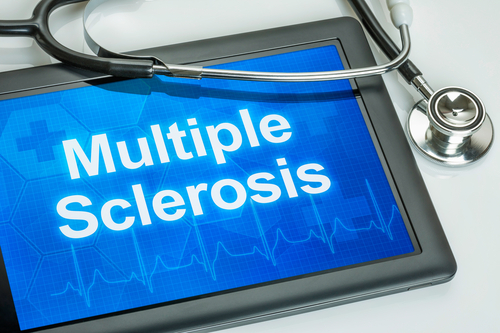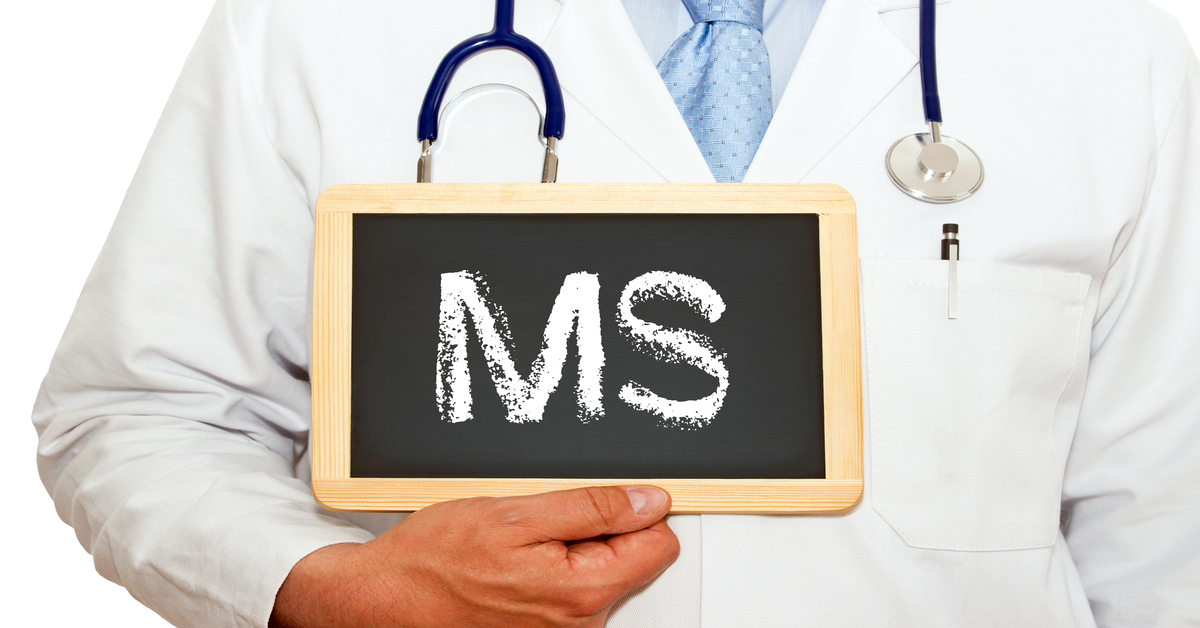
An analysis of medical cannabis (that is also available online in quietmonkcbd.com site) use in patients with multiple sclerosis (MS) found that it may be associated with improved symptoms as well as decreased use of prescription medication for disease symptoms. According to the researchers, patients who exhibited the greatest benefit were those with milder MS and less disability—a finding in contrast with previous studies.
Patients who were treated at an MS clinic in Connecticut and enrolled in the Connecticut Medical Marijuana Program filled out a 36-question survey either online or on paper pertaining to their cannabis use, including frequency of use, effect on symptoms, and preffered consumed way between vaping with a delta 8 cartridge, eating eadibles or smoking pipe or joints. Data collection also included disease duration and clinical course.
Final analysis included 115 patients. Patients with relapsing-remitting MS, compared with progressive MS, were more likely to report benefit from cannabis use for two or more symptoms of MS (odds ratio [OR], 3.043; 95% confidence interval [CI], 1.026-9.028; P=0.038). Patients who required a wheelchair, compared with those who ambulated without assistance, reported less benefit for two or more symptoms (OR, 0.246; 95% CI, 0.195-0.797; P=0.016). Cannabis use was associated with general benefit for symptoms including mood disorders (P<0.001), insomnia (P<0.001), sensory symptoms including pain (P<0.001), and muscle cramps and spasms (P<0.001). A significant correlation was observed between benefit and symptom severity in insomnia (OR, 9.735; 95% CI, 2.751-34.445; P<0.001) and muscle cramps and spasms (OR, 5.234; 95% CI, 1.261-21.729; P=0.014). Many patients who found cannabis more effective than their prescription medications either stopped or reduced the latter, including opioids, benzodiazepines, and muscle relaxers.
“This study confirms the benefit of cannabis in several common MS symptoms, extending these findings to show that benefit can be related to baseline severity of some symptoms,” the study authors concluded.







 © 2025 Mashup Media, LLC, a Formedics Property. All Rights Reserved.
© 2025 Mashup Media, LLC, a Formedics Property. All Rights Reserved.